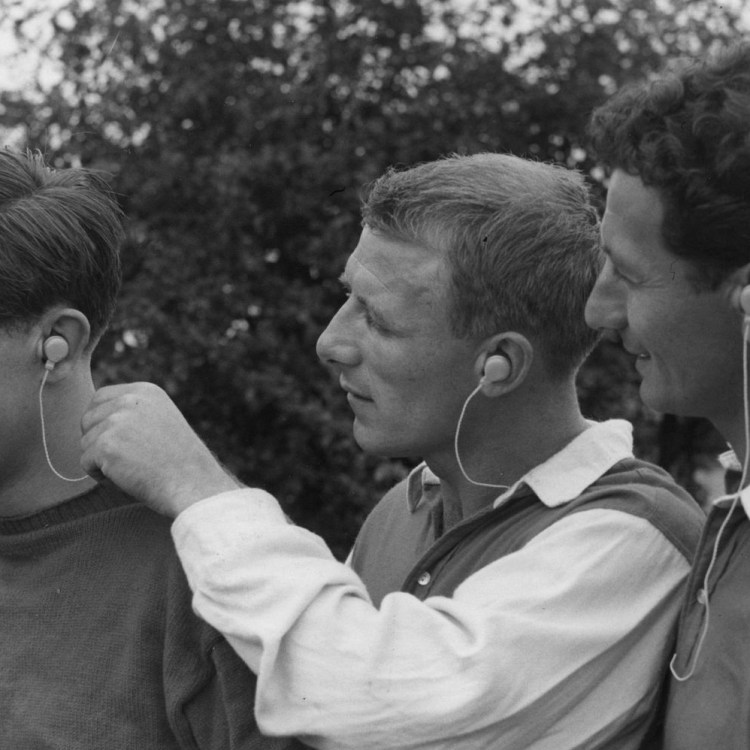If you’ve ever tried to lose weight, you may well have encountered an unfortunate truth: for a lot of people, losing weight is only the first step of a process. Losing weight is one challenge; keeping that weight off is a very different one. It’s one of the reasons that drugs like Ozempic, as well as bariatric surgery, are appealing options for many people. But the way that many people regain lost weight raises another question: what is the science behind that phenomenon? A recently-published study offers some unsettling answers.
The answer comes down to one thing: epigenetics. Just as bodies that have experienced famine can carry its effects on for years to come, so too can the body’s experience with being overweight have lasting effects even after losing significant amounts of weight.
The authors of a paper published earlier this month in Nature noted that “the body seems to retain an obesogenic memory that defends against body weight changes.” The researchers compared adipose tissue taken from people who had never been a weight classified as obese to samples taken from people with obesity but not diabetes.
They concluded that “obesity induces cellular and transcriptional (obesogenic) changes in the [adipose tissue], which are not resolved following significant [weight loss].”
Humans adipose tissue wasn’t all the researchers looked into. They also conducted experiments with mice to determine how both obesity and weight loss affected their adipose tissue; the results open the door for a wider array of research, including exploring adipose tissue and epigenetics in a more diverse cohort of human subjects.
How Weight Loss Can Lead to Disturbing Binge Eating Habits Down the Line
A shocking study from WWII helps explain why modern calorie-cutting is so difficultThe researchers’ findings don’t mean that people trying to lose weight are out of luck. “The epigenetic changes didn’t have consequences for the mice as long as they were in a healthy environment,” the study’s lead author, Laura C. Hinte of ETH Zürich, told Live Science. Instead, these findings give scientists more information to go by as they seek to unlock new ways for people to live healthier lives.
The Charge will help you move better, think clearer and stay in the game longer. Subscribe to our wellness newsletter today.



















